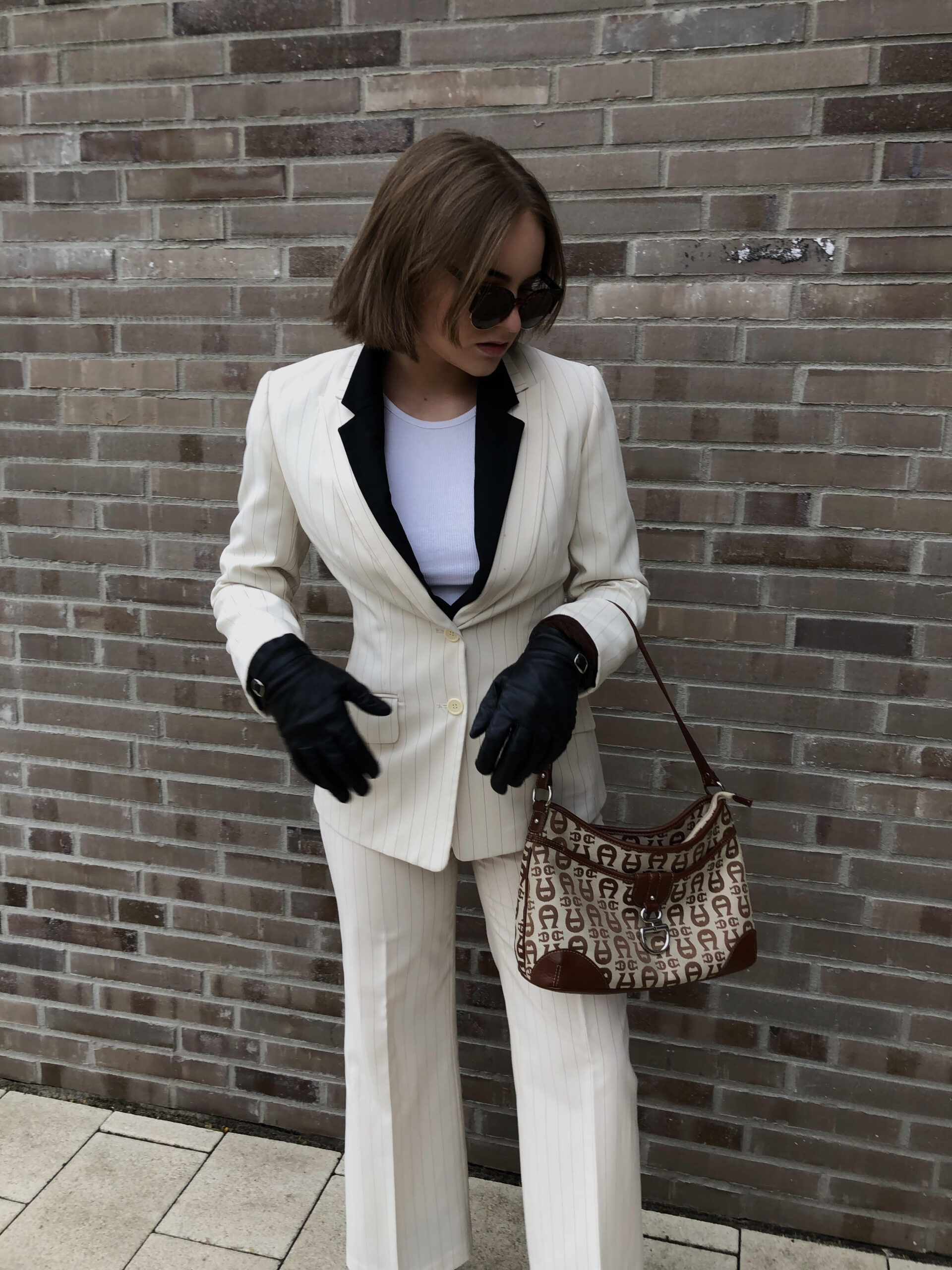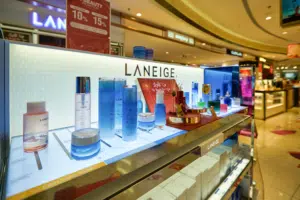Is Lancome involved in Animal Testing? The subject of animal testing has stirred debates in the beauty industry for many years. Some businesses have chosen to take a stand against it, establishing no-animal-cruelty strategies, whilst others persist in utilizing animal testing to confirm the safety of their products.
In this article, we will examine the practices of Lancôme, a well-known cosmetics brand, to determine if they test on animals. Through an in-depth examination of their policies, evidence from various sources, and an analysis of industry standards, we will seek to answer whether Lancôme engages in animal testing.
Does Lancome Test on Animals?
Lancome is not a cruelty-free company.
The company engages in animal testing by allowing its products to be tested on animals. Lancome is owned by L’Oreal, a parent company that also tests animals.
Lancome claims on its website that L’Oreal no longer tests its products or ingredients on animals anywhere in the world, but it cannot guarantee that its suppliers and third parties do not test on animals.
Lancome, as a result, cannot be considered cruelty-free.
What is Animal Testing?

Animal testing refers to the use of animals in scientific research and experimentation.
The cosmetics industry typically involves testing the safety of personal care and beauty products on animals before they are marketed and sold to consumers. This can include applying the product to the skin or eyes of a live animal, feeding or force-feeding the product to an animal, as well as testing the toxicity of ingredients. Animal testing is a controversial practice as it raises ethical concerns about the treatment of animals and the reliability of results obtained from animal testing.
Animal Testing Policies of Lancôme
According to the company’s website, they do not conduct animal testing on their products or ingredients unless required by law. This means that Lancôme may conduct animal testing when selling in countries where animal testing is mandated by law. Lancôme is also owned by L’Oreal, which is not a cruelty-free company. As a result, Lancôme will no longer be considered a cruelty-free brand.
Despite this commitment, Lancôme is not certified by any major animal rights organizations, such as PETA or the Humane Society International, which certify companies with a strict policy against animal testing. This lack of certification has led to some skepticism about Lancôme’s practices. However, the company has provided evidence of its adherence to the animal testing policy, such as statements from its suppliers and internal evaluations of its products.
It is worth noting that the cosmetics industry is regulated by various international organizations and laws, such as the European Union’s Cosmetics Regulation, which has banned animal testing for cosmetics in many countries. While this has reduced the number of companies that engage in animal testing, some exceptions still exist, particularly for products sold in countries where animal testing is still required by law. Thus, the animal testing policies of cosmetics companies can vary depending on the market they are operating in.
Evidence against animal testing by Lancôme

Lancôme is not cruelty-free and may conduct animal testing directly, through suppliers, or via a third party.
Despite the FDA’s encouragement of nonanimal testing for cosmetic products, many companies continue to use animals to test makeup. For many years, L’Oréal, Lancôme’s parent company, has been on PETA’s list of companies that test on animals due to its refusal to adopt a company-wide policy against tests.
Animal testing is frequently ineffective because animals do not develop the same diseases as humans, and it can result in collective harm and costs to humans.
Alternatives to Animal Testing
In vitro methods, cell cultures, computer models, and new imaging/analyzing techniques are some alternatives to animal testing. Human cells have been used to create innovative devices known as “organs-on-chips,” which can be used to study biological and disease processes instead of animals. The Johns Hopkins University Center for Alternatives to Animal Testing (CAAT) aims to make science more effective, safe, and humane.
FAQ:
What luxury brands dont test on animals?
Many luxury fashion brands, including u003ca class=u0022wpil_keyword_linku0022 href=u0022https://rstyle.me/+eSef1TJS-m7TAMQUrM8E6Au0022 title=u0022Pradau0022 data-wpil-keyword-link=u0022linkedu0022u003ePradau003c/au003e, u003ca class=u0022wpil_keyword_linku0022 href=u0022https://rstyle.me/+MB847Ern71-iEcYxfyzSXAu0022 title=u0022Saint Laurentu0022 data-wpil-keyword-link=u0022linkedu0022u003eSaint Laurentu003c/au003e, Vaute Couture, and Melie Bianco, are now vegan, eco-friendly, and anti-fur. Furthermore, PETA has identified 12 of the most ethical fashion companies that will not conduct animal testing in 2021, including Kering’s prestigious labels such as u003cstrongu003eBottega Venetau003c/strongu003e and u003ca class=u0022wpil_keyword_linku0022 href=u0022https://rstyle.me/+SvCiIVU0RtN26cgxQTjtzwu0022 title=u0022Balenciagau0022 data-wpil-keyword-link=u0022linkedu0022u003eBalenciagau003c/au003e.u003cbru003eu003cbru003eSeveral cruelty-free high-end makeup brands are available, including Chantecaille, Cover FX, Fenty Beauty, Hourglass, Huda Beauty, Jane Iredale, Josie Maran, and Jouer. However, some luxury brands, such as Dior, Louis Vuitton, u003ca class=u0022wpil_keyword_linku0022 href=u0022https://rstyle.me/+yfddPTf9kouDMsUuQPUqlAu0022 title=u0022Fendiu0022 data-wpil-keyword-link=u0022linkedu0022u003eFendiu003c/au003e, and Max Mara, continue to harm animals for profit.
Does Lancome sell in China?
Yes, Lancome products are available in mainland China.
Does Clinique test on animals?
Clinique is still not cruelty-free. They may conduct animal testing independently, through suppliers, or through a third party. Clinique claims that its products are never tested on animals unless required by law.
Does Dior test on animals?
u003ca href=u0022https://streetstylis.com/is-dior-cruelty-free-truth-may-surprise-you/u0022u003eDior products are not free of animal crueltyu003c/au003e. Even though the company does not test its finished products on animals, they pay others to do so when law requires it.
*Disclosure: We only recommend products we would use ourselves and all opinions expressed here are our own. This post may contain affiliate links that we may earn a small commission at no additional cost to you.
If you liked this blog article about the question: Does Lancome Test on Animals, don’t forget to follow us on Pinterest so you don’t miss any more fashion and beauty news.





